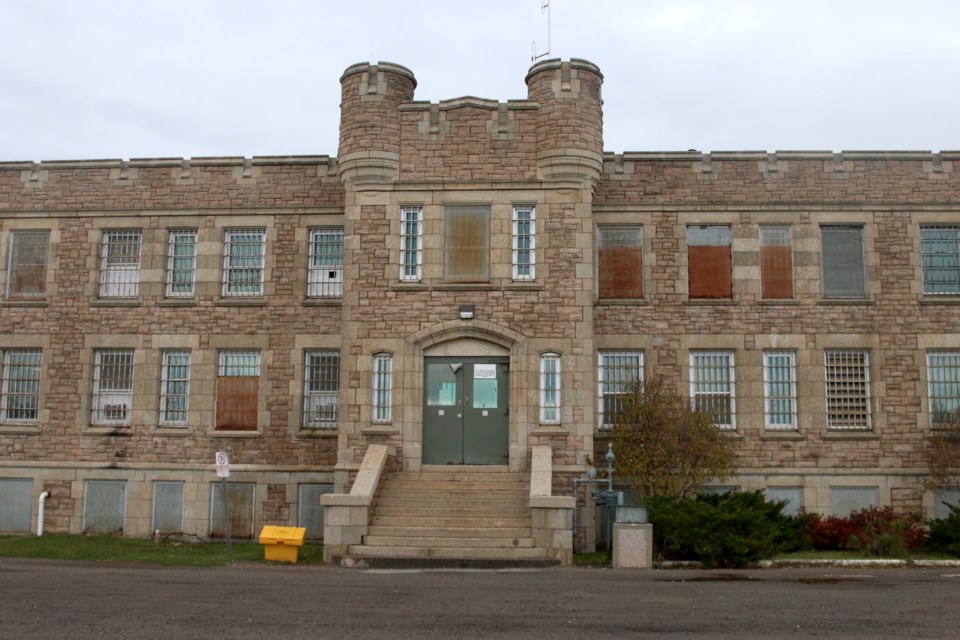Warning: This story contains details relating to mental health and suicide
THUNDER BAY - Correctional officers at the Thunder Bay District Jail say overcrowding and an antiquated facility put vulnerable inmates like Moses Beaver at risk, and there are hopes the new facility will address issues of inmate safety and mental health treatment.
The second week of the coroner’s inquest examining the circumstances surrounding the death of Moses Beaver wrapped up on Friday.
Over the last two days, correctional officers who were working at the jail in 2017 when Beaver was incarcerated testified.
Beaver was transported to the Thunder Bay District Jail after being arrested by Nishnawbe Aski Police Service in his home community of Nibinamik First Nation in January 2017. Prior to his arrest, efforts were made to medivac him from the community to receive treatment for a mental health crisis.
On Feb. 13, 2017, Beaver was found in his special handling unit cell at the jail with a bedsheet wrapped around his neck and secured to the bars above the door.
A correctional officer found Beaver between patrols, which was no longer than nine minutes, and activated a code blue. Numerous other officers responded and resuscitation efforts were conducted before paramedics arrived. Beaver was then transported to the Thunder Bay Regional Health Sciences Centre where he was pronounced dead.
The inquest jury viewed video surveillance footage from inside the unit where Beaver was being held, showing him acting erratically.
Corrections staff testified that Beaver was asked if he wanted to see the mental health nurse but he refused. There was also nothing odd about his behaviour noted on Feb. 13, according to staff.
Several correctional officers also spoke about the challenges staff face at the aging facility and recommendations to prevent a similar incident from happening again.
“It has it’s challenges,” said Staff Sgt. Mark Dyrland. “We are at any given time, the population, we are designed for 120, the count this morning was 154. It’s an old facility.”
Dyrland added it also took some time to restore confidence of staff following the 2015 riot on the facility’s top floor.
“A lot of staff were impacted by that,” he said.
Brian Billard, who was working at the jail in February 2017 said he knew Beaver personally and described him as a good person who was suffering from mental health issues.
“We just didn’t have the time or facilities to look after him,” he said.
Billard added that he had been involved in two other incidents of inmate self-harm at the jail and he believes more training relating to mental health is needed for correctional staff.
“Better training for the officers is always number one,” he said. “Anything I had close to those issues was suicide awareness course and I only had one of those. We are not equipped to handle mental health issues. I can deal with unruly inmates, fighting, but I can’t deal with mental health behaviour. I just don’t have the experience in it.”
Staff Sgt. Ryland Forrest testified that correctional officers do receive suicide awareness training, adding that there has been progress made at the jail since 2017, such as additional nursing staff, addiction counsellors, and recreational officers added.
But the correctional officers agreed that more needs to be done to address the growing number of inmates experiencing mental health issues in custody. Some of the recommendations include separate mental health units, more staff, and more mental health training.
Forrest believes the new corrections facility under construction to replace the Thunder Bay District Jail and the Thunder Bay Correctional Centre will address the larger issues facing staff and inmates in the current facilities, as well as other challenges that come with the current jail that more than 100 years old.
“When I think of this specific incident and seeing the design of the new correctional complex that is being built in Thunder Bay, having cellular accommodations that removes the bars and those tie-off surfaces is important and that’s what the new correctional complex will be achieving,” he said. “I think having that type of cellular environment will be important for all inmate safety.”
The inquest will resume on Monday. It is scheduled for three weeks.
